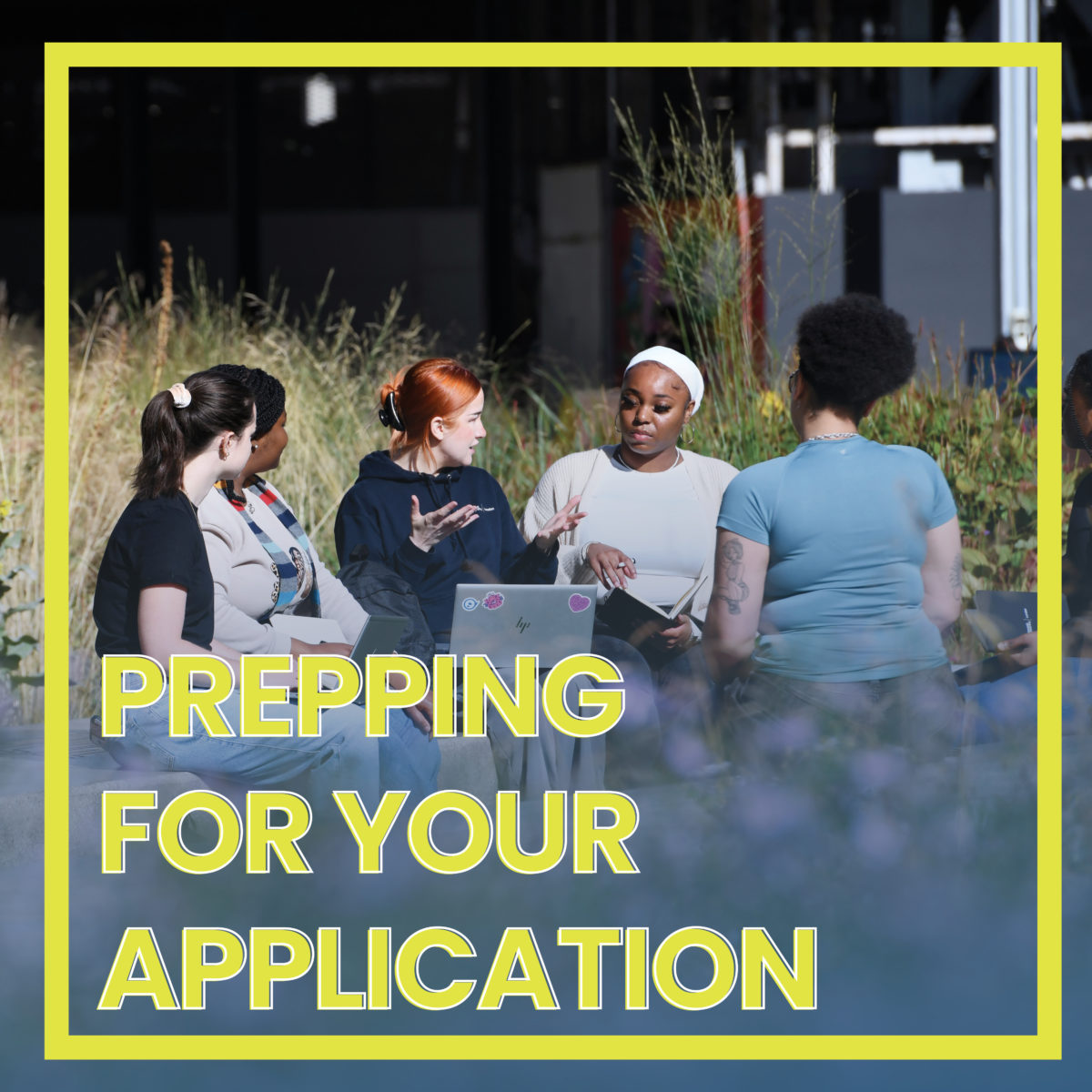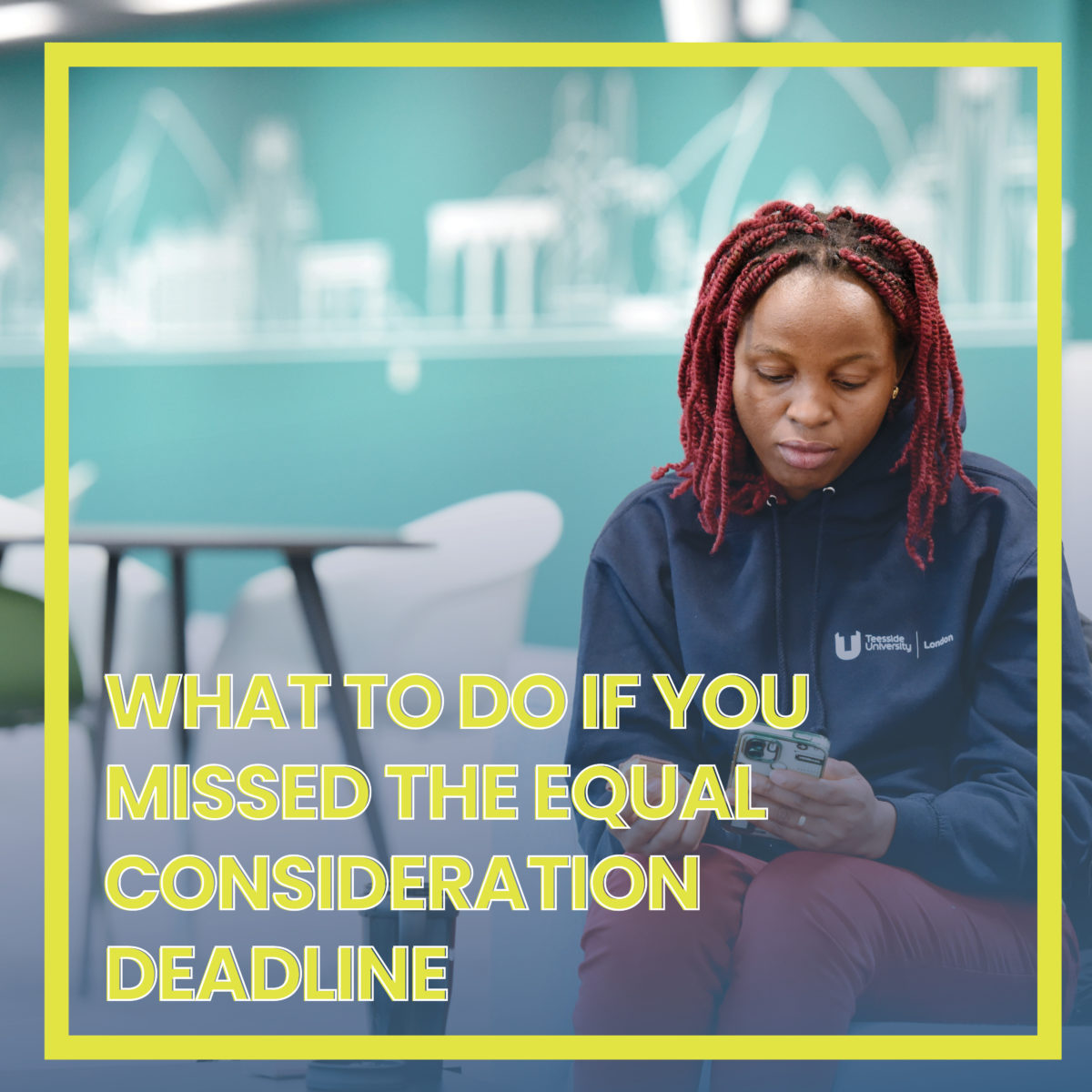Applying for university comes with a range of questions and challenges. Whether you’ve already applied or are hoping to apply in the next few weeks, we’ve outlined what you can expect – we hope you find it helpful.
If you’ve already applied
Staff are working hard to process your applications and make offers. Keep checking the UCAS Hub for updates and email the relevant university admissions team if you have any concerns or questions (visit the university websites for details).
Funding
You can apply for your student funding in February/March time. Students who are usually resident in England apply to Student Finance England (SFE). To complete your application, you’ll need:
Your passport (if you have a valid UK passport);
Details of your university and course;
Your bank details; and
Your National Insurance number.
You may also have to ask your parent(s) or partner to provide details of household income.
To avoid any delays in receiving your student funding you should apply as soon as you can as the current situation may mean it takes a little longer for SFE to process applications.
If you want to apply for university in 2025
Check out when the next intake is for the course you want to apply for. Some unis offer different intakes, for example, we have lots of courses with a January start. Check on uni websites to begin with, and if you need to ask any questions, you’ll find that most universities have good online chat facilities – get logged on and start a conversation.
Do plenty of research. University websites offer a wealth of information, and many universities have events and open days to help you get answers to your questions. Visit the websites of the universities you’re interested in and check out what’s on offer – you’ll find lots of online events and activities going on too, giving you the chance to put your questions to academic and support staff.
If you’re attending an open day
Do plenty of research beforehand on university websites and make a list of any unanswered questions you have and the people you need to speak to find out the answers. Think about:
The course
• what facilities are available and how much access will you have to them?
• will you get the chance to go on a placement?
• how many teaching hours are involved each week?
• how will you be assessed?
Support
• what is available if you have mental health needs?
• what support can you get if you have a disability?
• can you access extra equipment to help with your work?
• is online or one-to-one counselling available?
Financial
• are scholarships available?
• can you get help with your funding application?
• can you access support if you have dependents?
• is budgeting advice on offer?
Complete your application
Once you’ve determined which course and university you want to apply to, visit UCAS and start the application process. UCAS offers stacks of articles, blogs and videos with great information, advice, and guidance on applying and making the best of your application.
Start to gather the information you need in good time. Have you thought about who you’re going to ask to be your referee? Do you have their details and email address?
Personal statements
Now is a great time to start thinking about what you might want to include in your personal statement if you haven’t done so already. Use this time to make sure it’s as strong as possible. Use the UCAS personal statement tool to get you started.
If you’re applying for a competitive course, do you need to have some work experience, and how will you get that now, given the current situation? Be creative – there are lots of volunteering opportunities available, so if you are in a position to help, this might be something to consider.
Worries, questions, concerns?
Just ask – remember that universities are there to help you. Use online events, virtual activities, in-person open days and taster sessions, email, social media, and online chats to get the support and information you need. There are no silly questions, and no one will mind you telling them that you feel a little unsure or that you’re confused about something. Use your time wisely to research and reflect – make the best decision for you!




